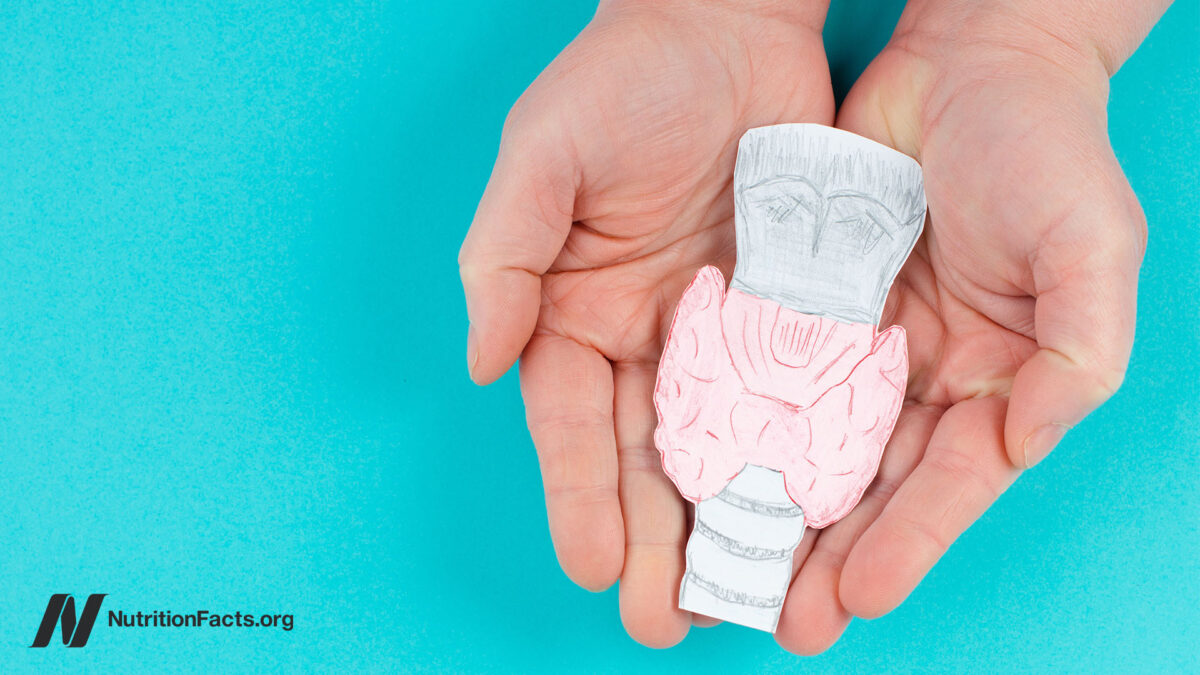US tipping culture can be confusing to Brits – but hate the game, not the player
Tip with impunity – their system’s as broken as ours, argues Joanna Whitehead

Sign up to Simon Calder’s free travel email for expert advice and money-saving discounts
Get Simon Calder’s Travel email
Once more, “the Europeans” have failed to tip sufficiently and the Americans are furious.
Writing on Twitter, a US waitress recently vented about a negative workplace experience in a post that has since gone viral, with more than 38 million views.
“Lmao I f***ing hate Europeans sometimes on god,” she began.
“This table just left $70 on a $700 check after chilling for HOURS. My manager even asked about their service and they were OVER THE MOON about my service so he explained the customary tip is 20% and they were like ‘ok.’ and left”.
Now, the internet is mutinous, with discussion predictably degenerating into criticism of each continent’s respective foreign policy, voting patterns, and slanderous remarks about the British predilection for beans on toast.
Nothing accentuates the Atlantic-sized chasm between our friends across the pond quite like tipping culture. Sure – we might think we have a “special relationship” but the speed with which this descends into white hot rage based on the cut you allocate to workers while in the US is quite something.
“I think it’s clinically insane actually that Americans think this way about tips as a server and don’t direct their anger towards the corporations paying them dust,” wrote one user. “No one in any other industry expects a 20 per cent tip for literally doing their job description.”
“In France, people are burning sh** down,” wrote another. “In ‘The Land of the Free’ you have exploited workers demanding customers help sustain their exploitation. US Americans are collectively ill, this is just another example of their illness.”
For those unfamiliar with US tipping etiquette, it can come as something of a shock. Often, when receiving a bill in a restaurant, you’re presented with three tipping options: 20, 22 and 25 per cent.
This is in addition to a sales tax imposed on restaurant meals, a figure that varies from state-to-state, ranging from a combined rate of 10.75 per cent in Chicago, to 5.65 per cent in Milwaukee.
While this can be an eye-popping discovery for novice travellers, there is a good reason behind it.
Restaurant owners in the US are required to pay a minimum hourly wage of just $2.13 (£1.74). There are different laws in different states around tipped minimum wage, but under federal law, employers are expected to pay $5.12 in “tip credit” on top of the minimum wage to meet the US Department of Labor’s federal minimum wage rate of $7.25 per hour. This amounts to around £5.90. In reality, servers are expected to top this up through tips, rather than through their employer. For comparison, the UK minimum wage is currently £9.50 for those aged 23 and over, a figure that’s set to rise £10.42 from the beginning of April.
However, some groups feel that this process of “tip credit” is unfair and disproportionately impacts workers from minority groups. Campaigning group One Fair Wage cites research which states that white servers may be tipped higher than Black servers, for example, while women and LGBTQ+ employees are often forced to tolerate harassment by customers due to their reliance on tips.
And according to a 2021 report by the National Council for Occupational Safety and Health (COSH), restaurant workers in the US are more than twice as likely to be in poverty than the general workforce.
“The US tipping model system is irrational and cruel,” argued US writer and podcast host Adam H Johnson on Twitter in response to tipping discourse being back in the limelight.
“Its logic is one of employee monitoring with its roots in Jim Crow racial disciplining and humiliation. It's designed to pit workers against each other.
“If a waiter complains about not getting 20 per cent, I beg you not to scold the waiter, or even the consumer. This is text book mutual antagonism. This is the facile, shallow discourse the assholes who set up this system want you to have. neither is the one transgressing in a systemic way.”
He added: “As a matter of courtesy, if one is going to visit the US, and they have the means, they should always tip 20 per cent short of the waiter literally punching them in the face. It’s a stupid system but it’s the system, nonetheless. It’s not about ‘good service’ it's about worker solidarity.”
Are you convinced yet? If so, remember that tipping isn’t just confined to restaurant workers. Visitors should also expect to tip taxi and Uber drivers, porters who might take your bag to your room, guide and bus drivers on excursions, bartenders, although not necessarily at the higher rates referenced for restaurant workers above. The Independent’s Travel Correspondent Simon Calder has helpfully written a guide to tipping etiquette for travellers to the US which you can consult here.
I may lack a sense of patriotism, but whenever I visit another country, I largely do my best to challenge assumptions that we’re all rapacious anti-Europe colonisers – even when dealing with other rapacious anti-Europe colonisers. One of the joys of travel is making connections in unexpected places, with people you may not otherwise. Politeness and a sense of humility are not to be underestimated, and barging in with the entitled sense that “we don’t do that at home!” is not the best way to endear yourself with your new friends.
Hackneyed, yes, but, the phrase, ‘When in Rome, do as the Romans do’ continues to have resonance. Yes – your next trip to the US may involve budgeting an additional 20 per cent for tipping purposes, but it’s important to recognise that it’s the system that’s broken, rather than punishing people at the coal face. After all, broken systems are something the British have become well-acquainted with. So, rather than complaining, why not shout your bartender a beer and discuss international mobilisation against The Man? It could just be the start of a beautiful friendship.

 Aliver
Aliver 































